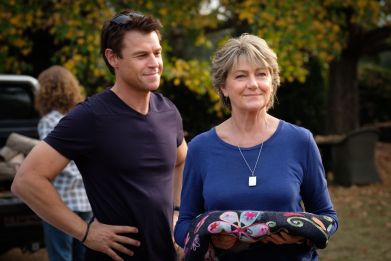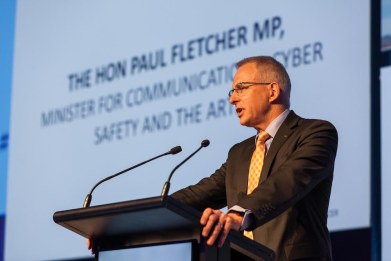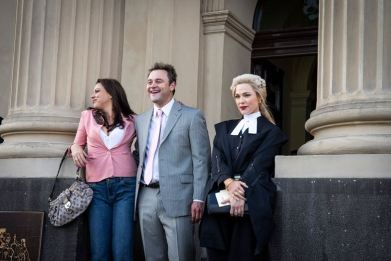She double-crossed the most dangerous gangsters in Australia.
The Nine Network has ordered a fifth season of Easy Tiger’s medical drama 'Doctor Doctor', a rare commission with much of the country in virtual lockdown.
The emerging crisis around local content results from repeated inaction by government to develop 21st century policy frameworks, write University of the Sunshine Coast's Anna Potter and Queensland University of Technology's Amanda Lotz. Here, they recommend three ways government can encourage local production and break the policy inertia
For Australia's commercial free-to-air networks, arguably the biggest threat to losing eyeballs is not each other but the seemingly inexorable rise of streaming services led by Netflix, Stan, Disney+ and Amazon.
The Federal Government has committed to a staged process of media regulation reform, ultimately culminating in what it hopes will be "platform-neutral regulatory framework covering both online and offline delivery of media content."
Alice-Miranda is an extraordinary young girl, who at the age of nine and three quarters has organised her own early entry into boarding school along with her cheeky pony, Bonaparte. The Winchesterfield-Downsfordvale Girls Academy is a place of friendship and fun, but also of high drama, mystery and intrigue: there’s teachers and students in urgent need of help; a girl determined to be Alice-Miranda and her friends’ arch enemy; Fayle School for Boys under threat; a frightening principal who doesn’t want to be seen; and a scary witch in the woods.
Some $1.17 billion was spent on drama production in Australia in the last financial year - the second highest year on record and more than 50 per cent up on the previous year - driven by all-time high expenditure on local content and significantly bolstered levels of foreign spend.
With the Nine Network’s primary channel on track to deliver its highest ever commercial shares this year, the broadcaster’s upfronts announcement on Wednesday night predictably contained few surprises.









